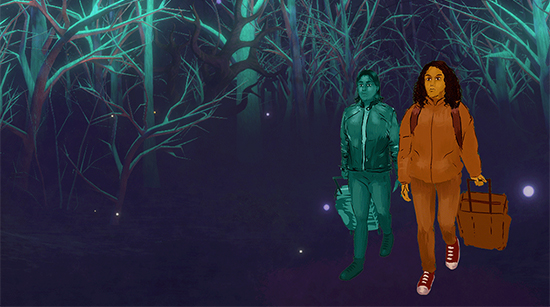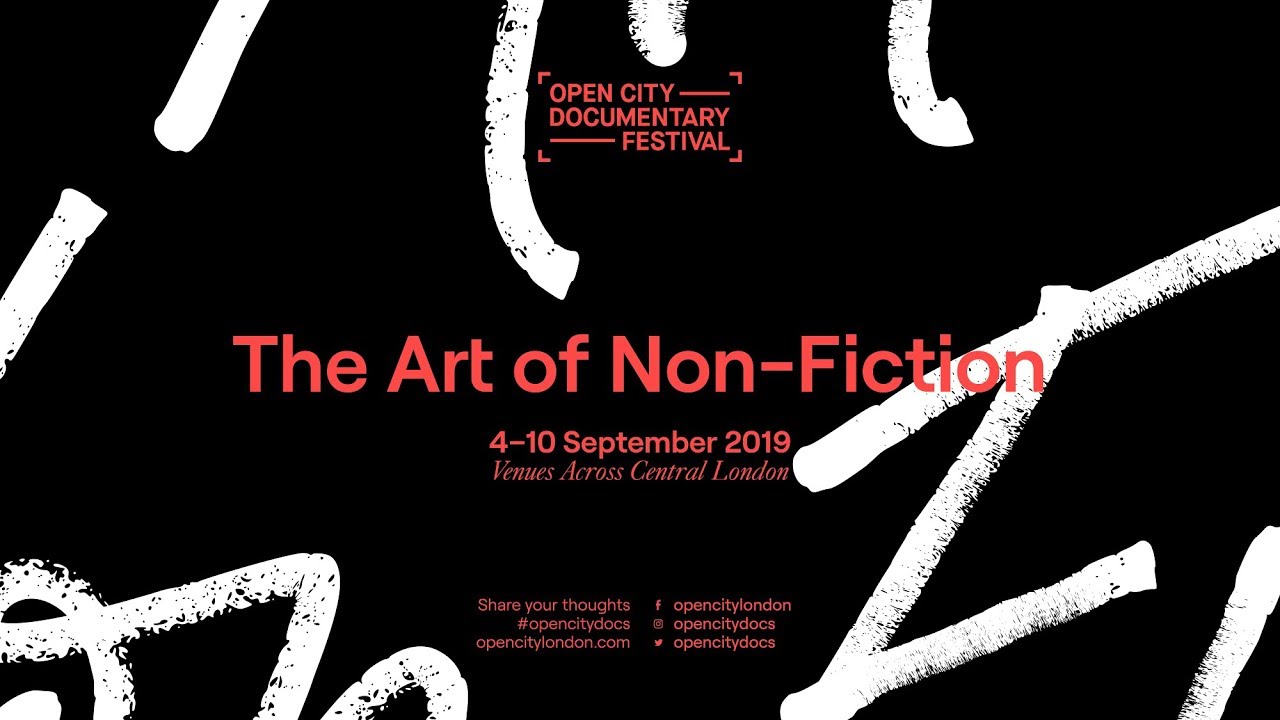Art tends to be most interesting when it intersects with other things. It is through the intermingling of different interest points and ideas, different realms of experience, and different practices and pursuits that the most dynamic results are produced. Cross-contamination produces variation; different people from different worlds coming together creates more diverse, desirable results.
This is apparent to creators and curators within most mediums, yet film culture can often be oddly self-interested and self-isolating. Festivals like transmediale in Berlin, a project that “draws out new connections between art, culture, and technology”; experimental games and “playful media” showcase A MAZE, also in Berlin; or even Krakow’s Unsound, a music festival with a particular emphasis on experimentation and interdisciplinarity, have long realised the benefits of bringing different fields into collision. But film festivals sometimes seem to lag behind. Alongside a programme of new documentaries, this year’s Open City Documentary Festival, a week-long celebration of the art of non-fiction taking place in London between the 4th and 10th September, contains a number of events where influence is drawn from outside of the world of film – inviting perspectives from the outside in.
This idea appears most literally in the festival’s two ‘Presented By’ screenings, in which individuals from other disciplines are invited to select and present a non-fiction film that has informed their own creative practice. Artist Laura Grace Ford, whose work in sound, text, drawing and painting surrounds contemporary political protest, urbanism, architecture and memory, has proposed a programme of archival television documentaries, titled ‘An Act of Unforgetting’, that feeds into these areas of interest. In the event—through a pair of TV programmes first broadcast at the start of the 1990s investigating social unrest in London at the time, and an accompanying discussion between Ford and writer / critic Owen Hatherley—parallels will be drawn between the situations captured then and those that are observable in the current moment. Quoting the artist directly, it will offer “an attempt to rekindle and revive a particular historical moment” in order to help inspire “a radically different social imaginary.”
In the parallel event, jazz saxophonist, clarinetist and band leader Shabaka Hutchings selects Marc Levin’s Slam, a Saul Williams-starring film about an imprisoned slam poet that won prizes at Sundance in 1998, but has been screened rarely since. A personal, impassioned film about the importance of artistic expression, it also displays the need for spaces in which such creative drives can be cultivated. As such, it links well with another event: ‘Make Some Space’, a conversation-led listening session hosted by journalist Emma Warren focused on the Total Refreshment Centre, the storied Hackney space in which Hutchings and other pioneers of the new London jazz scene developed their art, performing, recording and building a community over the last decade or so, prior to the venue’s closure. Building on her recently released book of the same name, Warren, alongside Capitol K, a musician and producer who runs the centre’s still active recording studio, will select and play records and discuss their significance to the space.
Sound surfaces elsewhere too, as alongside the short audio documentaries that screen in cinemas before feature films, several industry events make sound central. A masterclass with composer Nainita Desai focuses on scoring non-fiction films, whilst Sruthi Pinnamaneni, a reporter at Reply All, is the host of another, dissecting the making of a single episode of the show. Producer Mythili Rao and sound designer Axel Kacoutié host a session focusing on The Guardian’s podcast ‘Today in Focus’; then Kacoutié will perform as part of the presentation of a new project by Isis Thompson at The Whickers’ ‘Audio Evening’. Lastly, audio organisation In The Dark hosts a constructive criticism session for audio producers, fostering the creation of new work through a gathering of makers. And, within the short film programmes, A Sonic Pulse, a new film from Dorothy Allen Pickard and Antoine Marinot, co-commissioned by the festival and Resident Advisor, will explore how deaf people experience electronic music.
Artist Rainer Kohlberger, who will perform at the festival, also exists between disciplines. A visual artist who creates his own music and images using his computer, no camera involved, his work nevertheless is usually exhibited at film festivals. Creating images from layers of noise, drones and stroboscopic lights, his films explore viewer perception, looking at how different audiences receive and interpret the abstract visual information being displayed. Alongside a screening of his latest film, he’ll construct an assemblage of his prior work, building a barrage of audio and visual extremity to be presented as a live A/V performance, shifting styles, forms and tempos to create something bold, unique and intense – decidedly cross-discipline. Collapsing things further, one last event leads attendees away from screens entirely and out into the city itself. Led by researcher Henrietta Williams, ‘The Ring of Steel’ is a guided walking tour that reveals the hidden structures of the financial centre of London, highlighting the invisible boundaries that surround and surveil the city’s centre.
The clearest site for cross-pollination, however, is Expanded Realities, an exhibition of new non-fiction cross-media and an accompanying symposium, all of which is themed broadly around intersections: between art and technology, visual media and interactive art, fiction and non-fiction. Through VR projects like Calum Bowden’s Dark Origins: Mephisto, an examination into ‘extremophiles’, lifeforms living deep within the earth in the most hostile conditions, or Kelsey Boncato and Daniel Oldham’s FOREST, an abstract expressionist journey through a hand-drawn forest; or interactive installations like Universal Everything’s Emergence, a game in which the user controls a single avatar whose movements influence an amorphous crowd, or Noah Levenson’s Stealing Ur Feelings, an interactive augmented reality project demonstrating the alarming capabilities of facial detection technologies, broad spectrums of what can constitute non-fiction are covered. It is here where the widest distances are drawn together, where classifications prove most ineffective, and where all sorts of worlds come together and collide. Art tends to be most interesting when it intersects with other things.



